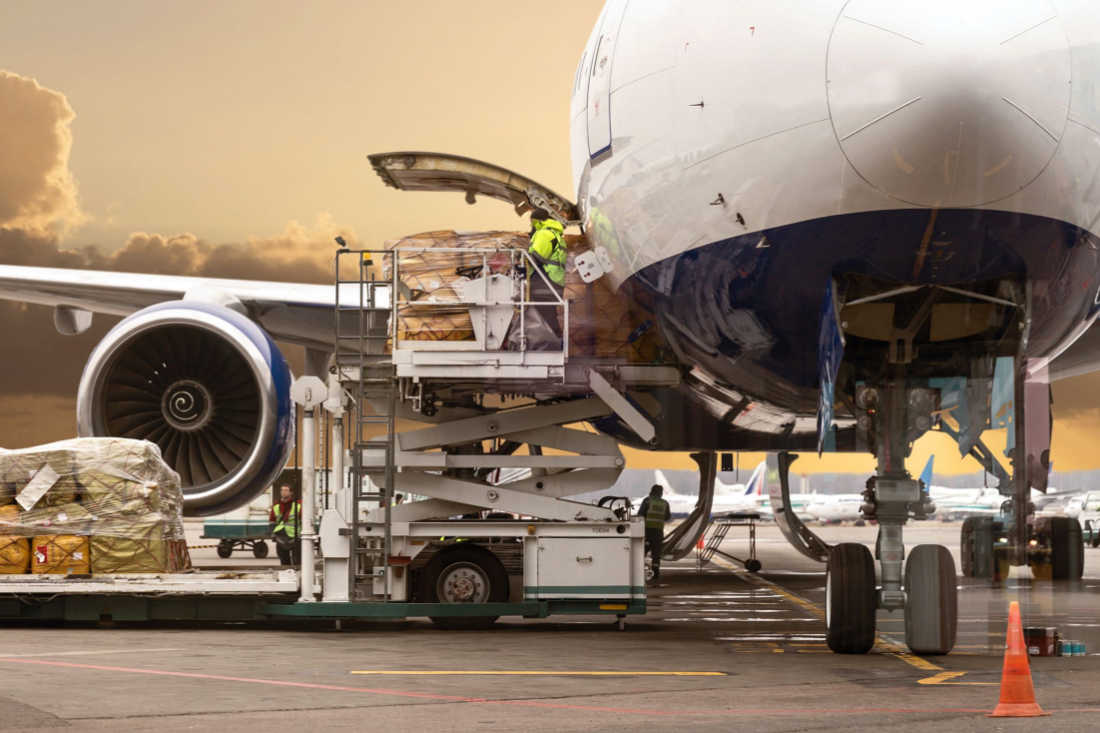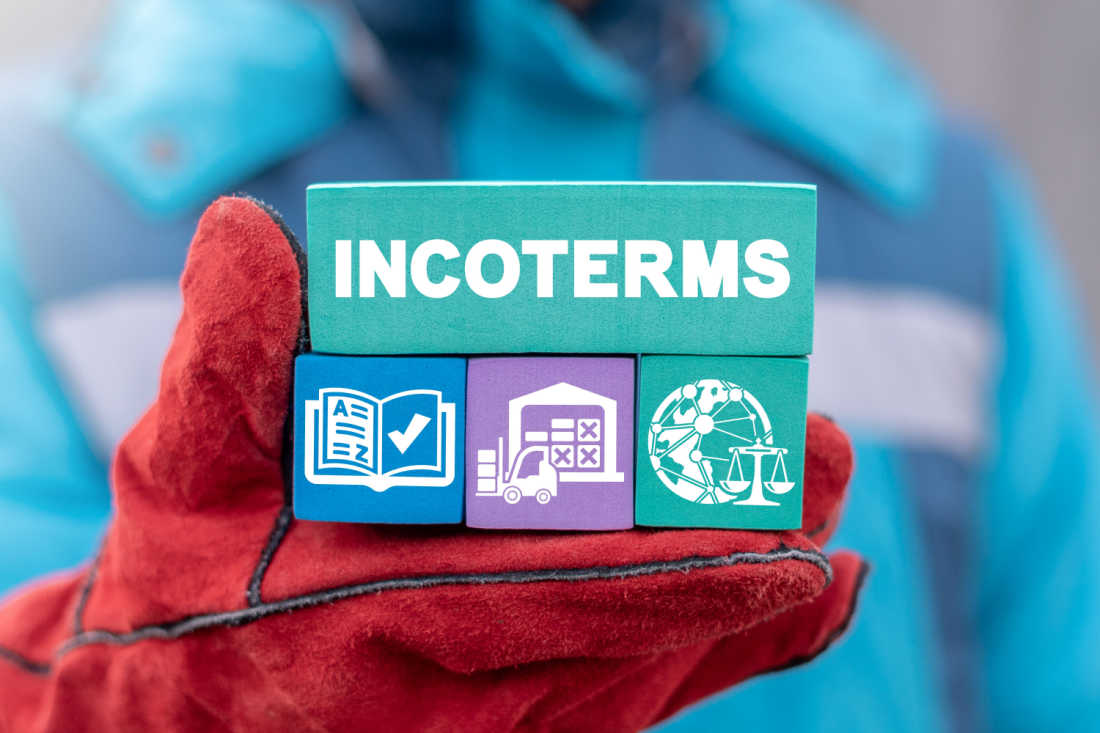List of the Current 11 Incoterms
EXW (Ex Works) - In an EXW incoterm, the seller provides the goods at their location and the buyer is in charge of arranging and financing transportation and all other expenses related to the shipment of the goods from the seller's location to the final destination. Essentially, the buyer bears the majority of the responsibility.
FCA (Free Carrier) - FCA is an incoterm where the seller delivers the goods, cleared for export, to the carrier nominated by the buyer at the seller's premises or another agreed upon location, and the buyer is responsible for all costs and risks associated with transportation and import clearance.
CPT (Carriage Paid To) - The seller pays for the carriage of the goods up to the named place of destination, but the risk of loss or damage to the products, as well as any additional costs due to events occurring after the time the goods have been delivered to the carrier, is transferred to the buyer at the point of delivery to the carrier.
 Incoterms are international trade terms, widely used in international and domestic contracts for the sale of goods.
Incoterms are international trade terms, widely used in international and domestic contracts for the sale of goods.
CIP (Carriage and Insurance Paid) - In CIP, the seller is responsible for paying for transportation and assumes the risk of loss or damage until the goods are transferred to the selected carrier, not the final destination. The buyer then takes on all risks related to the shipment until the goods are delivered to their final destination.
DPU (Delivered at Place Unloaded)* - DPU is an incoterm where the seller is responsible for the cost of transportation and the risk of loss or damage to the goods up to the point of delivery and unloading the goods at the named place of destination. The responsibility for risk shifts from the seller to the buyer once the goods have been unloaded.
DAP (Delivered At Place)** - Under the DAP incoterm, the seller is liable for the cost of transportation and the risk of loss or damage to the goods until they are delivered to the specified place of destination. The buyer bears the responsibility of any additional costs and risks associated with delivering the products. The seller is responsible up to the point of unloading. The buyer is responsible for the cost and risk during the unloading.
DDP (Delivered Duty Paid) - The seller is responsible for all expenses and risks involved in delivering the goods to the destination, including clearance of customs, import duties and taxes. The buyer is responsible for unloading the goods upon arrival at the final destination.
FAS (Free Alongside Ship) - Under the FAS incoterm, the seller is obligated to deliver the goods alongside a vessel at a specified port of shipment, and at this point, the buyer takes over responsibility for the goods. It is important to note that this term only applies to transport by sea or inland waterway.
FOB (Free on Board) - Under the FOB incoterm, the seller must ensure that the goods are cleared for export and loaded on board a shipping vessel at a designated port of shipment, once this is done the buyer takes over responsibility for the goods and is responsible for any customs clearance and other applicable duties and fees.
CFR (Cost and Freight) - CFR is an incoterm that specifies the seller is responsible for arranging and paying for the transportation of the goods to a named port of destination, and the buyer assumes responsibility for the goods once they are on board the shipping vessel.
CIF (Cost, Insurance and Freight) - With CIF, the seller is responsible for organizing and covering the cost of transportation, insurance and freight for the goods to a named port of destination. The responsibility for the goods transfers to the buyer once they are loaded on the shipping vessel. The buyer does not incur any costs until the goods are delivered to the specified port of destination.
It's important to note that Incoterms don't cover every possible scenario. They don't have information about who owns what, if something happens that can't be controlled such as a natural disaster (force majeure), or if either side doesn't follow the sales agreement. These things need to be added to the sales contract.
* DPU has replaced DAT (Delivered At Terminal)
** Incoterm DDU has been replaced with with DAP (Delivered at Place) in its latest publication Incoterms® 2020 (source: https://iccwbo.org/)

